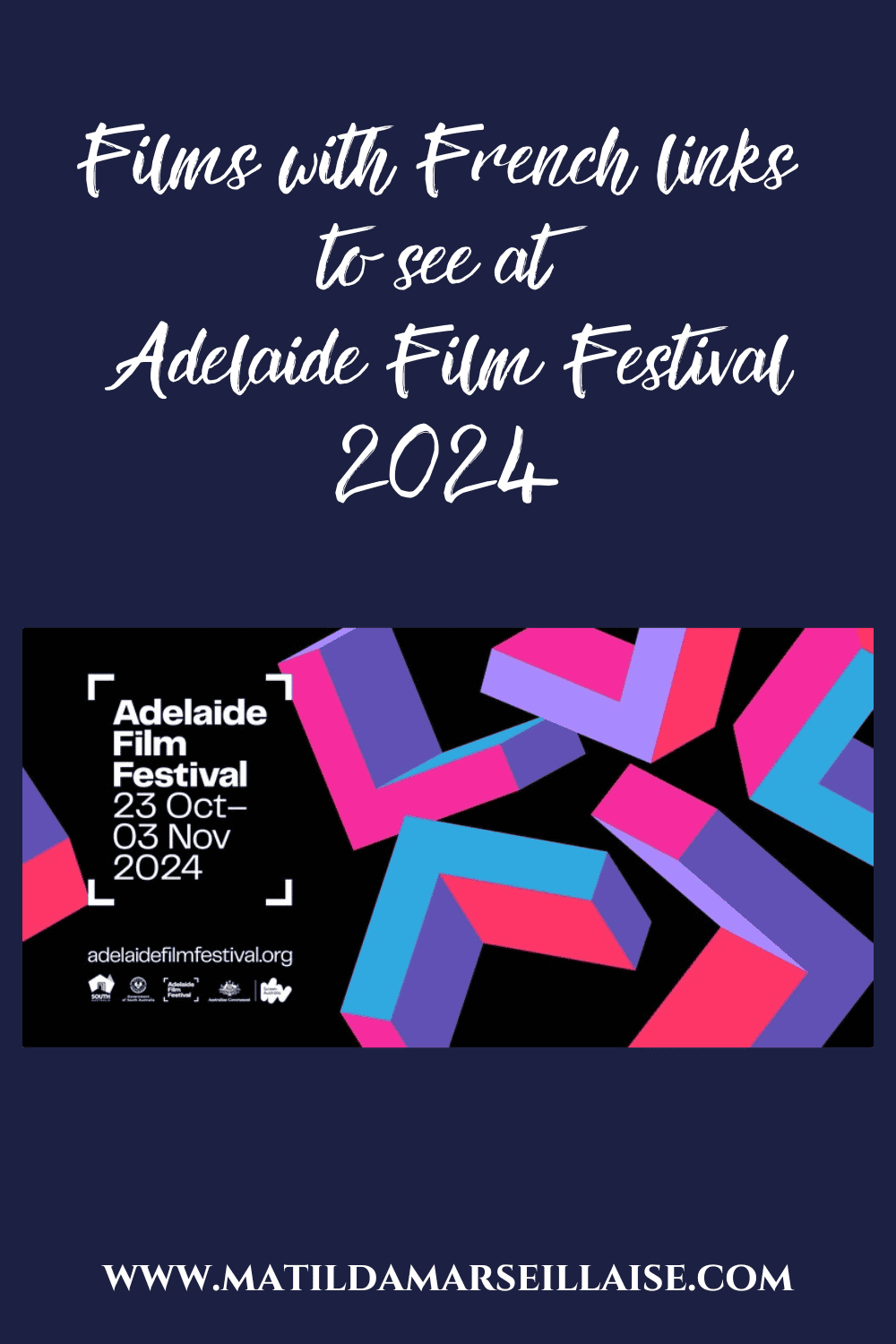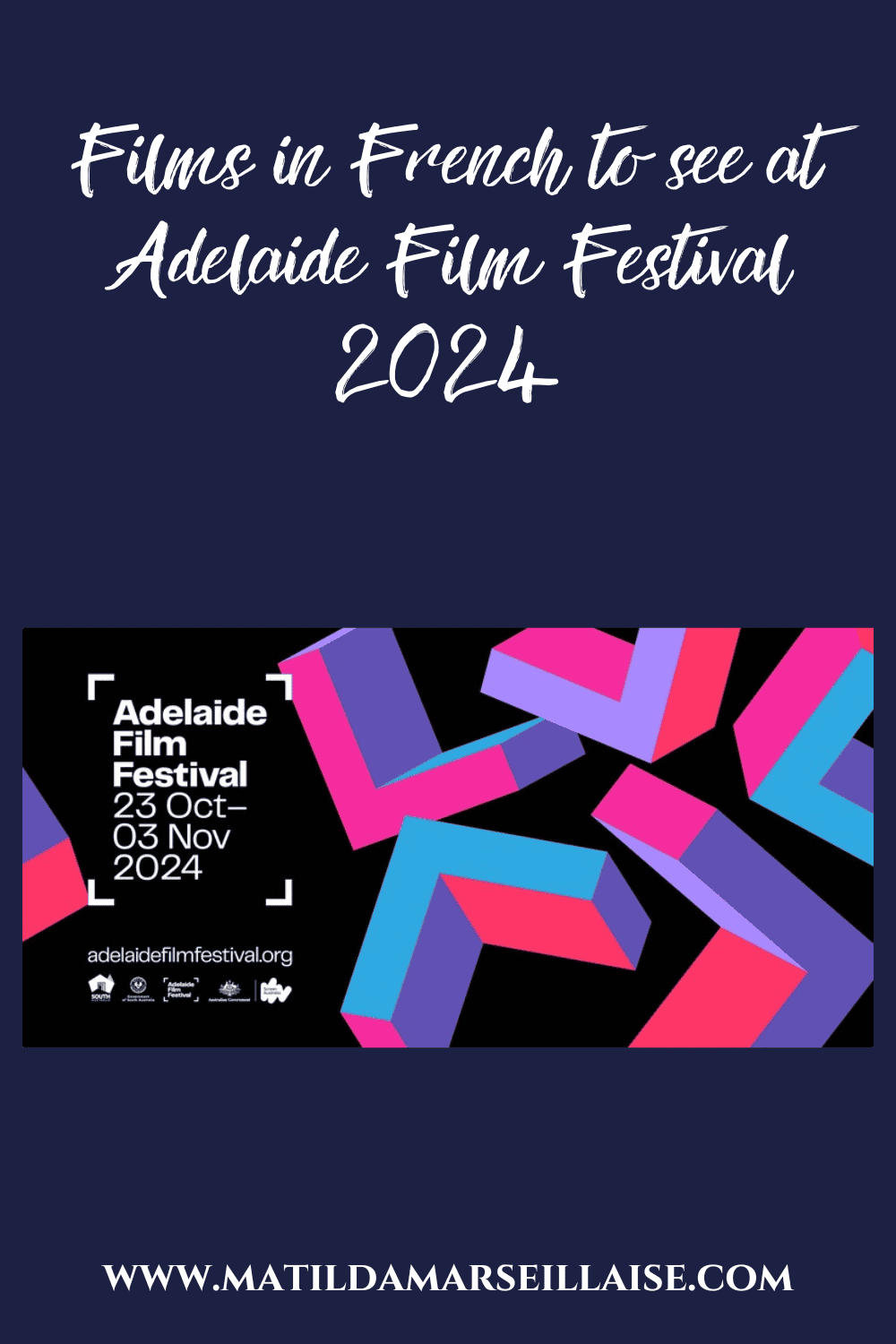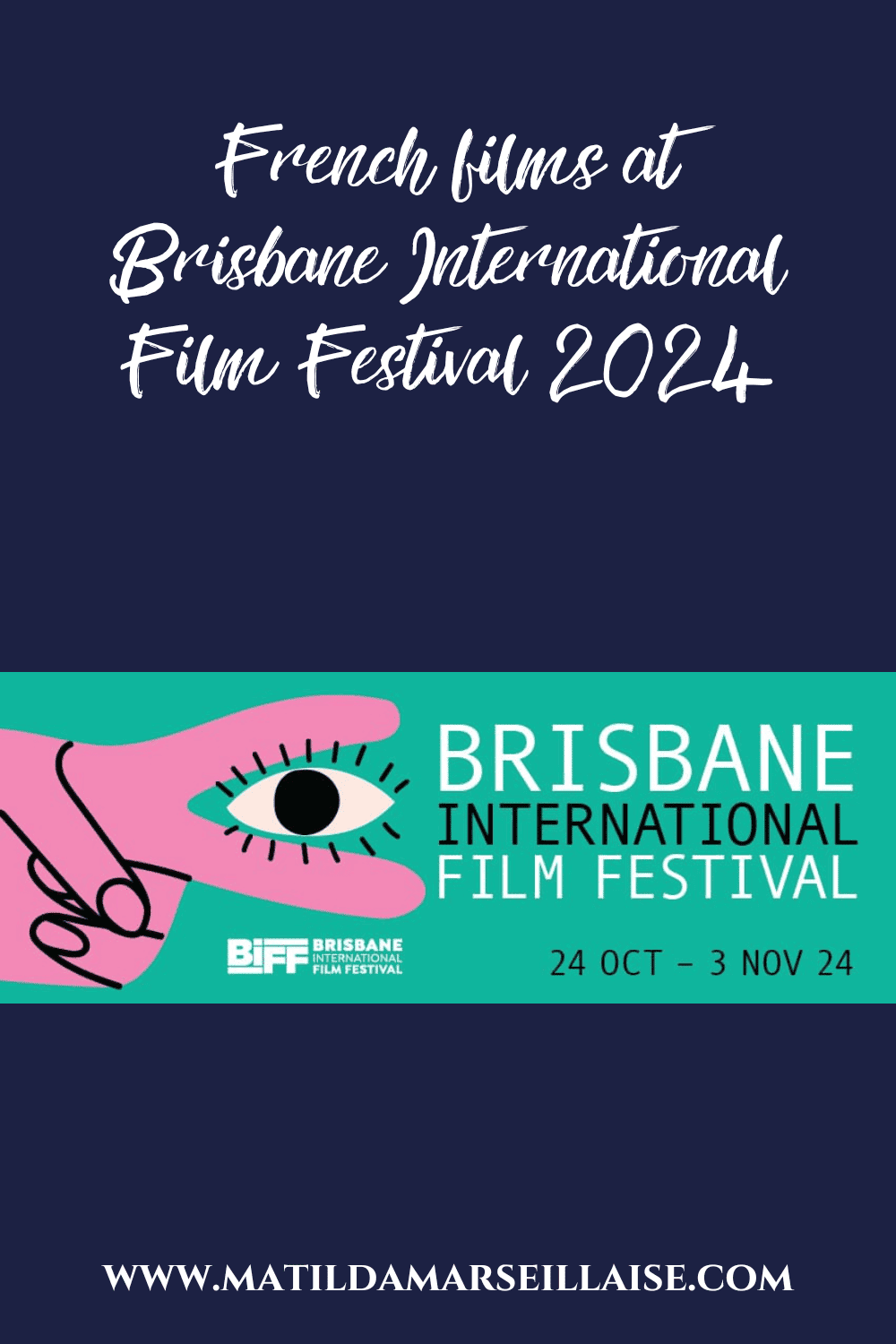Mozart’s Requiem interpreted by Romeo Castelluci is the first production out of a three year collaboration between Adelaide Festival and the Festival d’Aix en Provence, in France. It also marks the centrepiece in Directors Neil Armfield AO and Rachel Healy’s 60th anniversary Adelaide Festival program.

BACKGROUND
The audience was clearly equally parts stunned and delighted at the mouth-dropping extravaganza held at Adelaide’s Festival Theatre. Mozart’s Requiem was one which he wrote upon his death bed, and did not manage to finish. It was however finished by a student of Mozart, Franz Xaver Süssmayr, who is said to have been given specific instructions by Mozart on his deathbed.
This piece, largely composed by Mozart, is considered to be one of Western music’s masterpieces. It turns traditional opera on its head however with the choir in the main role and the soloists largely performing as an ensemble.
CASTELLUCI’S INTERPRETATION
For Adelaide Festival and Festival d’Aix en Provence’s collaborative work, conductor Raphaël Pichon and director Romeo Castelluci worked closely together to create an entirely new concept for the presentation of Mozart’s Requiem. Pichon and Castelluci’s Requiem is based on a musical corpus of sacred and secular works, chosen by Pichon, which are inserted between the various movements of the Requiem to magnify it and underscore its origins.

Requiem is, by its very essence, a mass for the dead, Castelluci’s interpretation however has looked beyond dead people to dead animals, cities, religions and beyond.
THE SET
The set was impressive – starting out with a black background, upon which words of various things that we have lost for good are projected – lost animals, lost flora, lost civilisations, lost people, lost cities, lost art. The projections continue largely throughout the production allowing us to see not just long past losses but also more recent ones such as holy structures in war-torn countries like Syria.

The black background becomes a white one upon which paint is thrown. The white ground is later covered with dirt, just as we do with the deceased. And the closing moment in which the floor lifts shedding all of the dirt that covers it is impressive and powerful.

The scene with the damaged car seemed a little out of place. Perhaps it was the choreographed dancing of the performers, splaying themselves upon the car one by one before rolling off to lay alongside their peers that brought a strange sense of exaggerated farce to what was no doubt intended to be a touching, serious moment. We were also left scratching our heads about whole oranges in mouths.

DANCE
Apart from the aforementioned car scene, the choreography by Italian Evenlin Facchini, who often works closely with Rome Castelluci, and the dancing from both Australian Dance Theatre and the Adelaide Festival Chorus and the soloists, was perfectly suited. A special note must also be made of the ease with which the chorus and soloists appear to dance while maintaining their singing voices. Not an easy feat.

MUSIC
The vocals come from the Adelaide Festival Chorus as well as the 4 soloists. Conductor Rory Macdonald led the Adelaide Symphony Orchestra perfectly.
As mentioned above, Requiem turns the traditional soloist/choir balance on its head. Here the choir largely have the main role and the 4 soloists perform as an ensemble. The soloists included Australia’s own Siobhan Stagg (read our interview with her here), Sara Mingardo, Austrian Martin Mitterrutzener and Australian David Greco. A young boy performs two powerful solos during Requiem, both are extremely impressive for someone of his age.
Romeo Castelluci’s direction and conception for Adelaide Festival and Festival d’Aix en Provence’s Requiem both wowed and at times stunned audiences.
🥐🥐🥐🥐 4 CROISSANTS
Matilda Marseillaise was a guest of Adelaide Festival
REQUIEM DATES AND TICKETS
The rest of Adelaide Festival’s season of Requiem has now sold out.
Do you like modern takes on old texts? What’s your favourite opera?
Read our interviews with Adelaide Festival 2020 artists:
Compagnie Chaliwaté re Dimanche
Siobhan Stagg re recital of French songs
Nick Power re Between Tiny Cities and Two Crews
Christophe Bricheteau from Compagnie Carabosse re Fire Gardens





